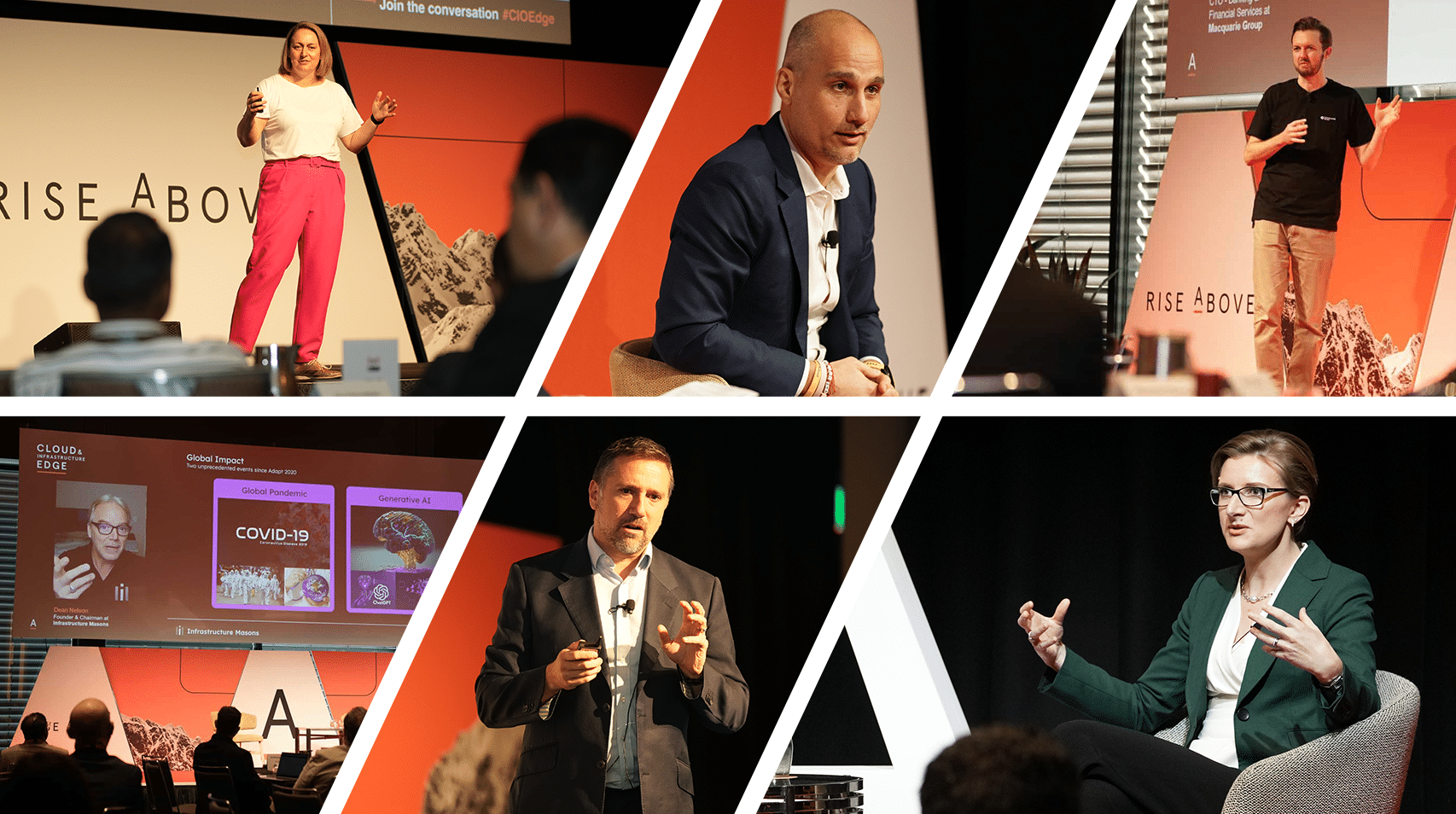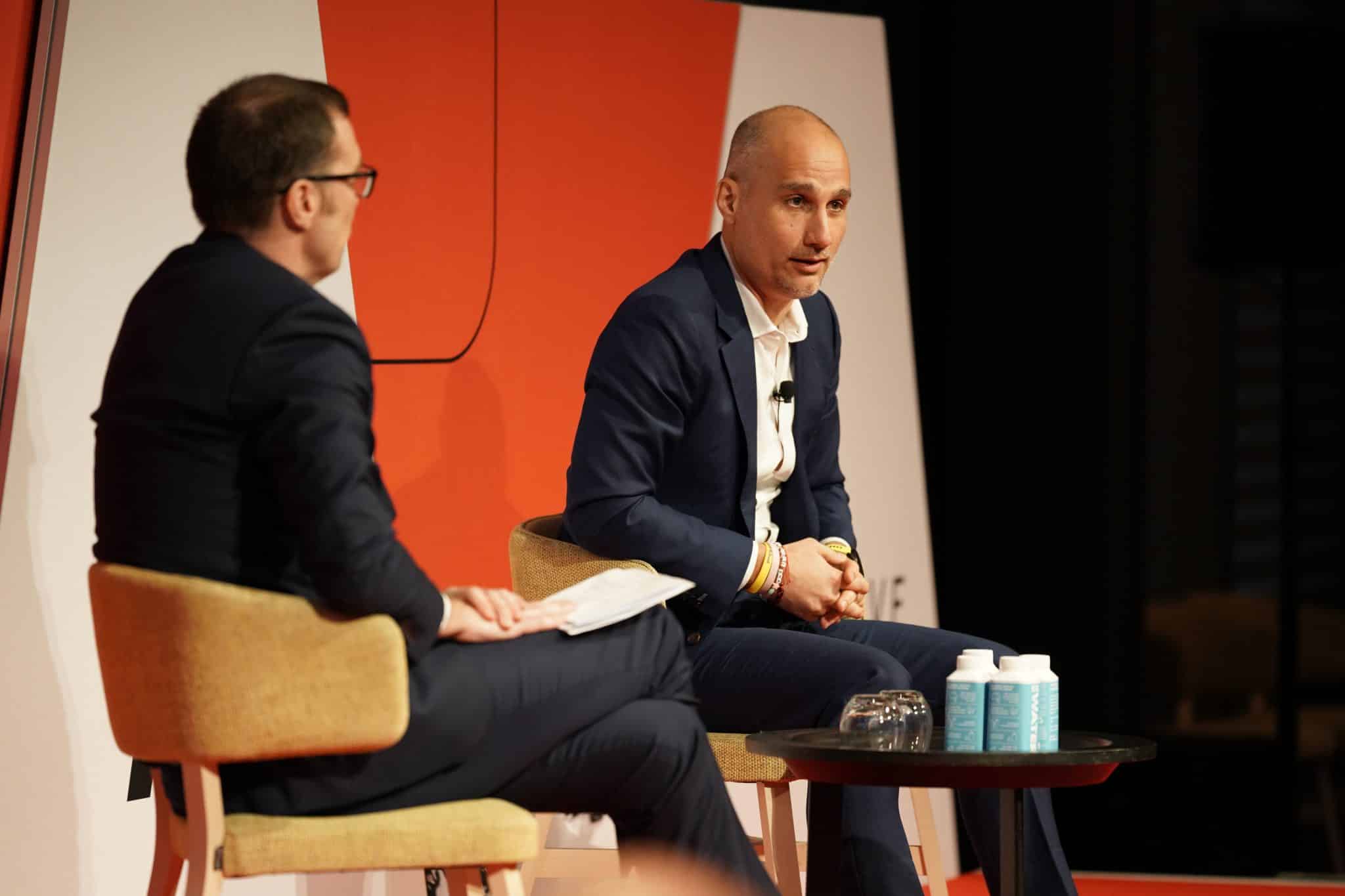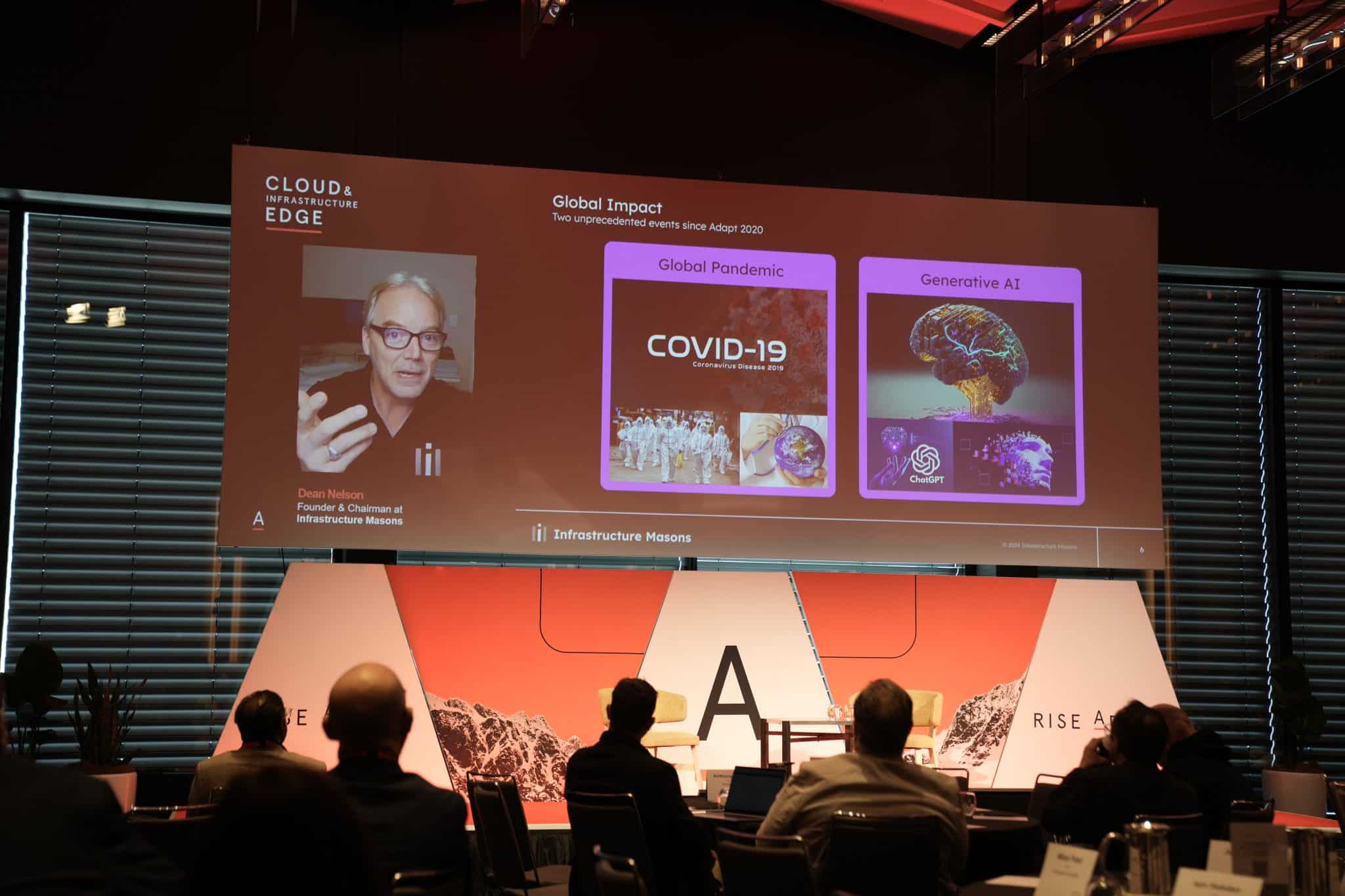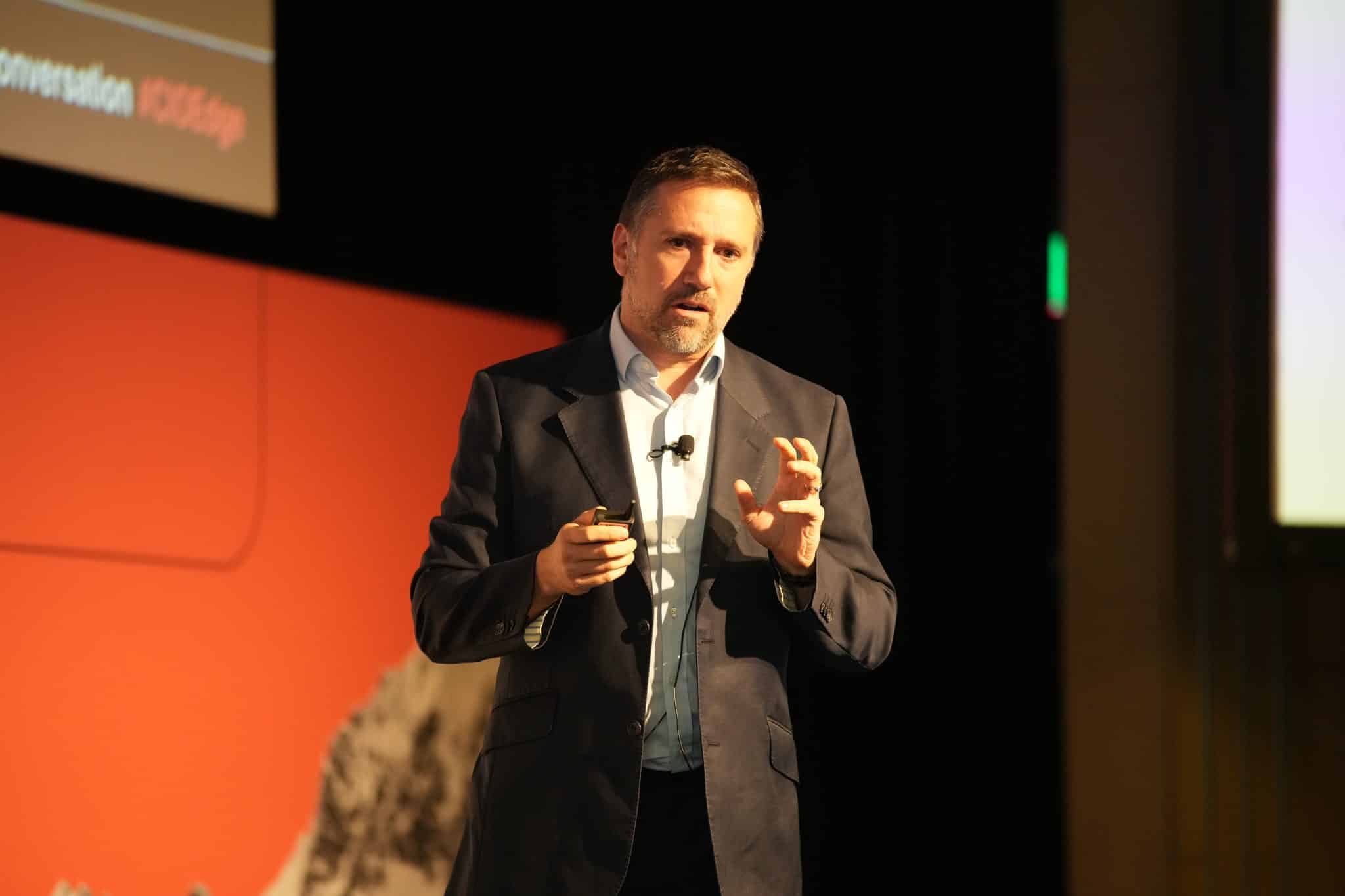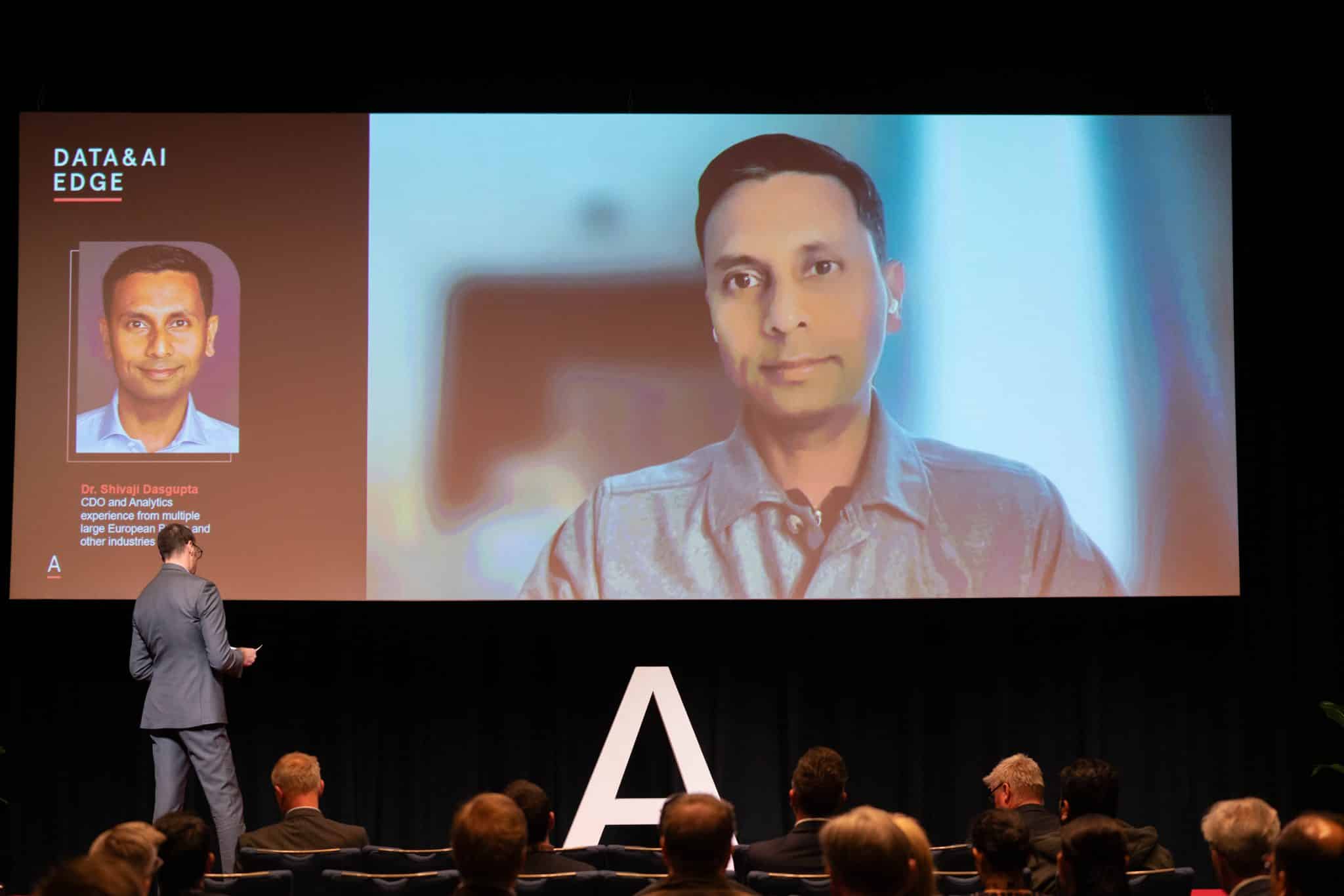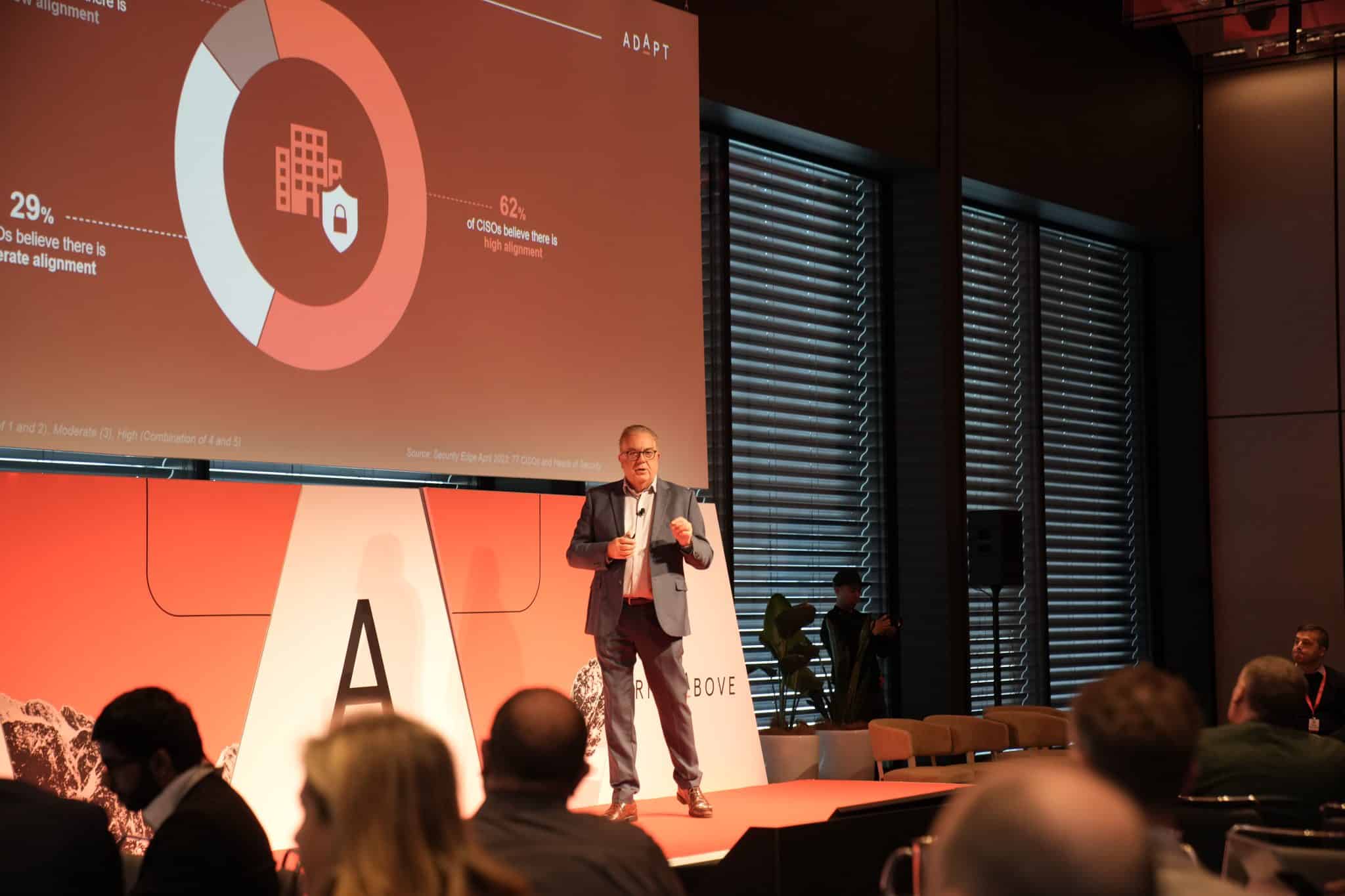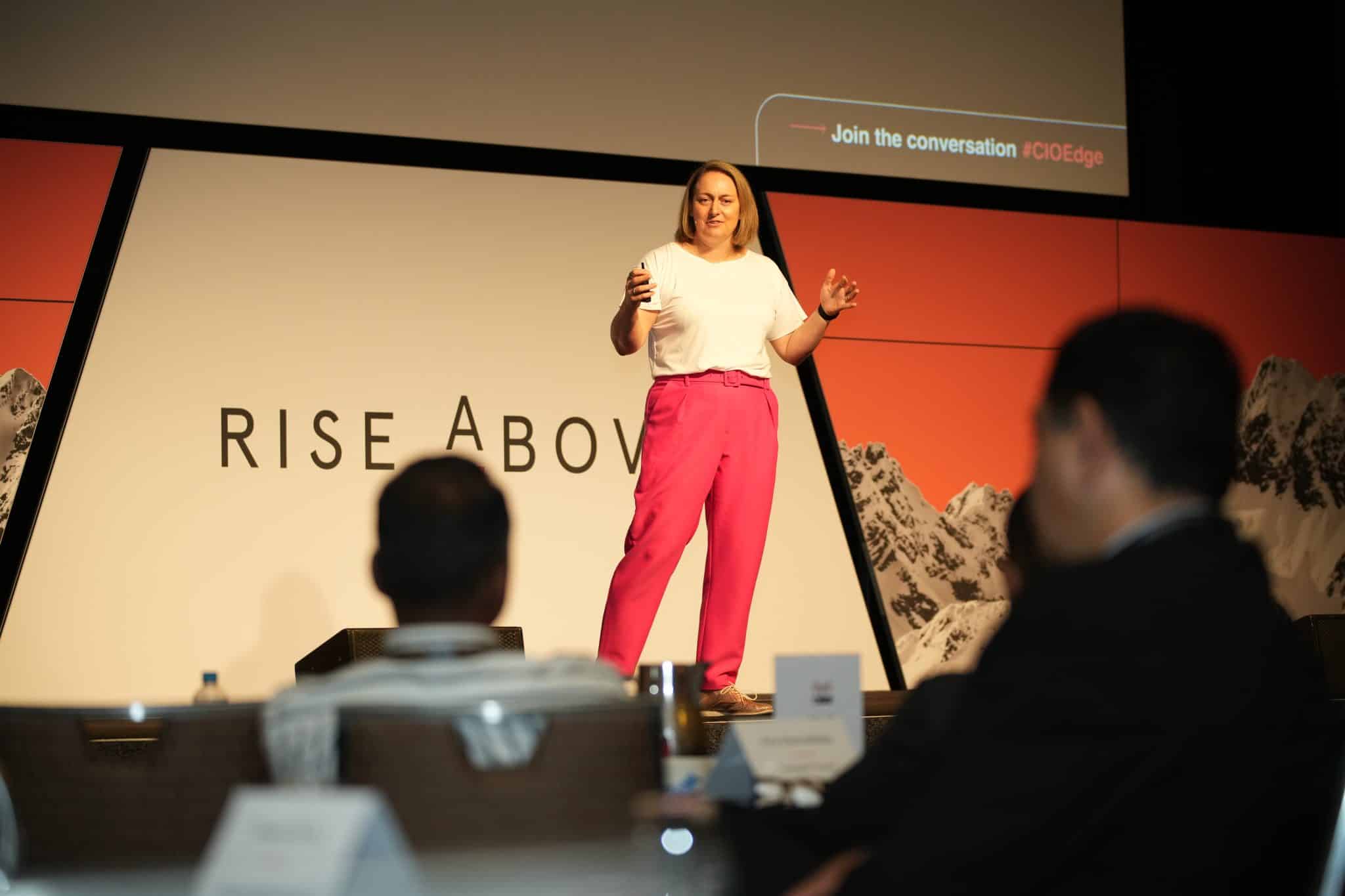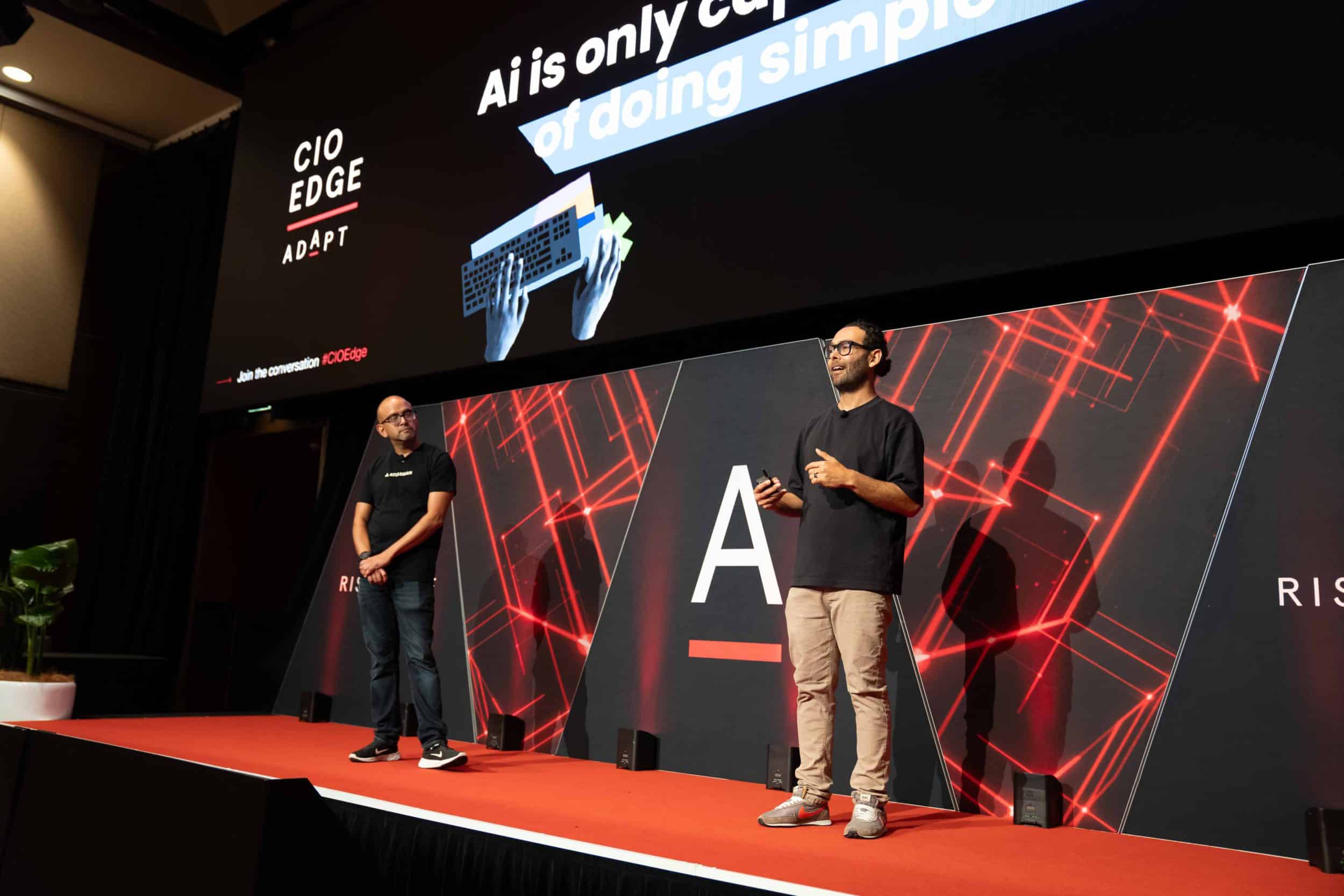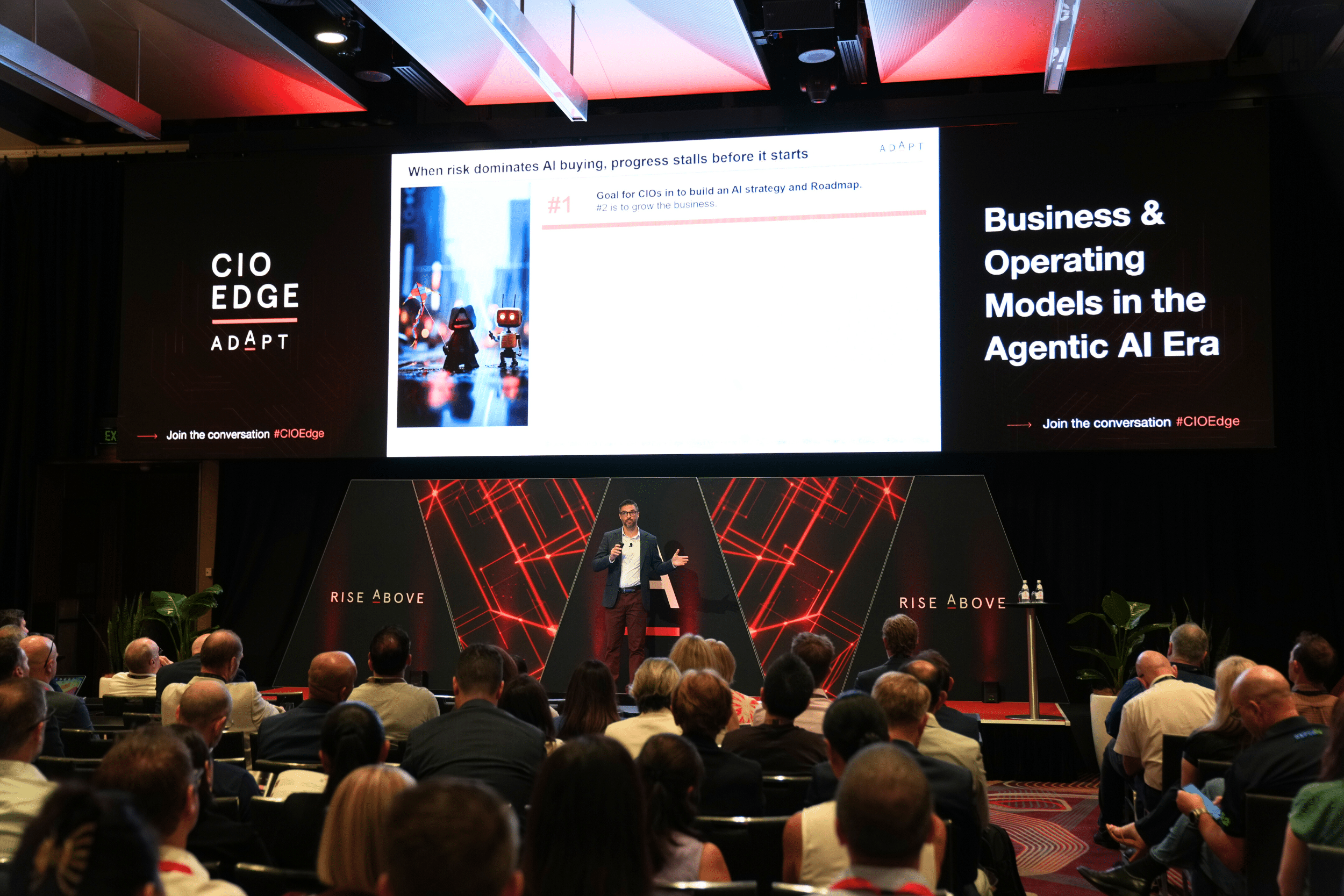Explore top strategies from ADAPT 2024 Edge conferences, tackling AI, cyber security, and modernisation to drive digital transformation and resilience.
Australia’s tech landscape continues to evolve, with organisations navigating rapid digital transformation, disruptive technologies, and growing expectations for innovation and resilience.
Against this backdrop, ADAPT’s Edge conferences have become a vital forum for industry leaders to share cutting-edge strategies and actionable insights.
ADAPT 2024 Top 10 Presentations showcase how experts are addressing critical digital challenges, offering a roadmap for organisations to thrive in an increasingly digital-first world.
Key themes from these discussions include harnessing AI for transformative results, aligning technology initiatives with broader business goals, and fostering data-driven organisational cultures resilient to change.
Leaders explored strategies for driving operational efficiency, adopting agile methodologies, and modernising across sectors ranging from finance to infrastructure and cybersecurity.
These presentations not only highlight challenges but also provide practical solutions, equipping organisations with the tools and approaches needed to stay competitive in today’s rapidly shifting environment.
3. Evolved.AI CEO outlines practical strategy for second-wave AI adoption
4. Former Jetstar CIO and HivePix CEO explores AI and quantum computing’s potential to solve complex challenges
At Data & AI Edge, Claudine Ogilvie, former CIO at Jetstar and CEO of HivePix, highlighted how combining AI and quantum computing can address critical global challenges.
While generative AI has made significant advancements, its capabilities are limited by classical computing constraints.
Quantum computing, leveraging qubits and superposition, offers a path to overcome these barriers, enabling faster data processing and solving intricate problems.

Despite current hurdles like scalability and infrastructure requirements, Claudine anticipates breakthroughs within five years, driven by Australian government investments.
Key areas of impact include drug discovery, climate modelling, and financial optimisation.
She envisions hybrid models integrating quantum and classical systems to tackle pressing issues effectively.
Claudine predicts quantum computing will initially be offered as a service due to its complexity and cost, gradually becoming more accessible and transformative over the next decade.
With national security considerations accelerating progress, quantum computing is set to reshape industries and drive innovation globally.
5. EU banking data leader outlines AI and data strategies for financial transformation
6. ADAPT’s Senior Research Director shares data-driven strategies to build resilient, AI-ready organisations
9. ADAPT’s Head of Analytics & Insights reveals data strategies to boost AI readiness
Gabby Fredkin, Head of Analytics & Insights at ADAPT, shared actionable insights from ADAPT’s latest survey on enhancing AI readiness through stronger data practices.
The findings highlight that while modernisation and security are top priorities, only 20% of CIOs feel prepared to fully leverage AI, exposing a significant readiness gap.
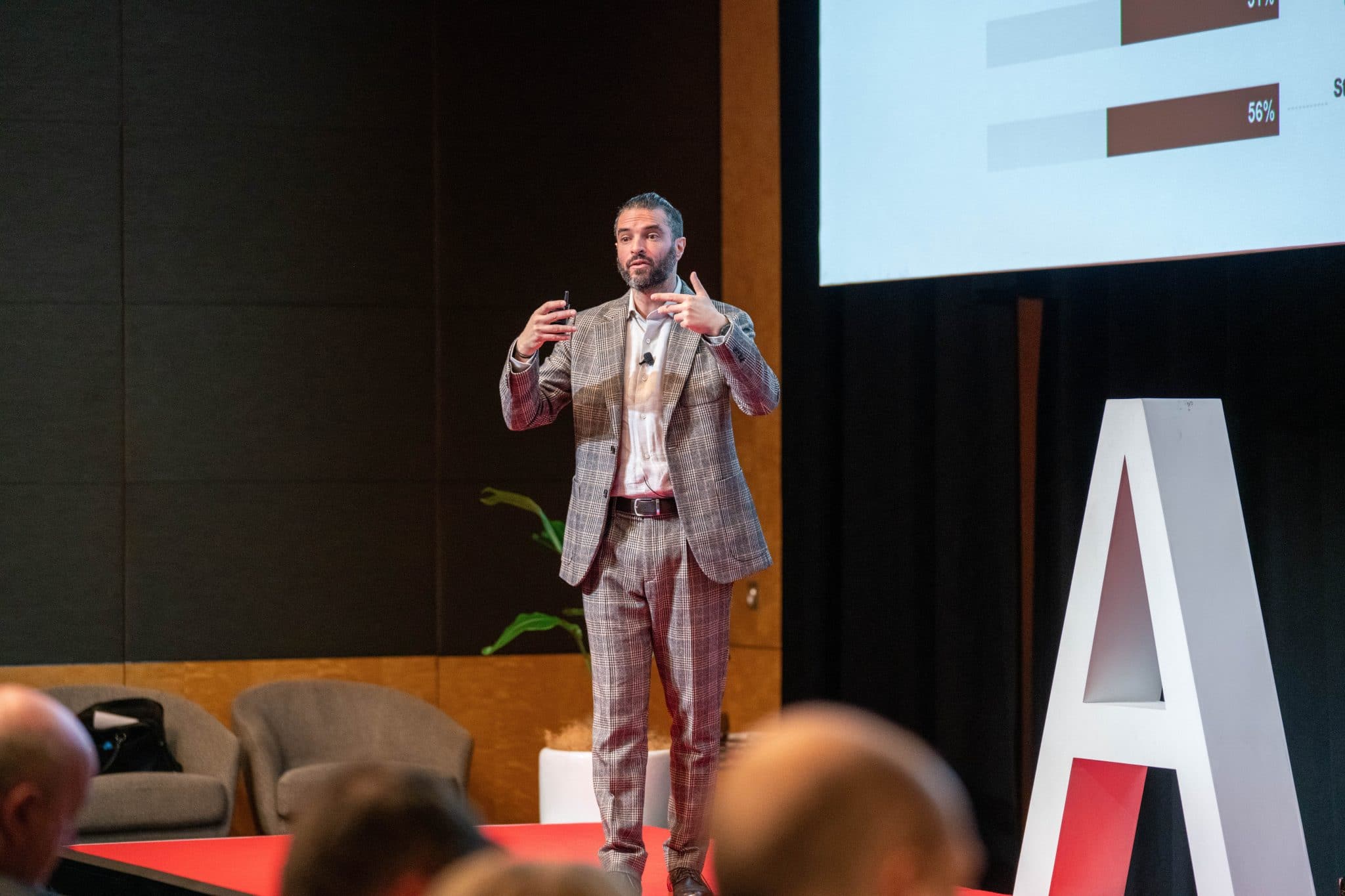
Organisations with robust data governance processes are four times more likely to be AI-ready, emphasising the importance of standardised practices.
Gabby also stressed the critical role of data literacy, noting that organisations with mature data literacy are nine times more prepared for AI adoption.
He recommended prioritising leadership-level literacy initiatives to create a data-fluent culture across the organisation.
Practical challenges like data quality and architecture need to be addressed to support AI initiatives.
Gabby urged organisations to adopt governance frameworks, foster executive relationships, and build cross-functional teams to align data strategies with business objectives. These steps can help organisations prepare for a more secure and efficient AI-driven future.
10. Macquarie Bank’s multi-cloud strategy accelerates digital evolution in financial services
Jason O’Connell, CTO of Banking and Financial Services at Macquarie Group, detailed the bank’s advanced multi-cloud strategy, positioning it as a leader in digital banking innovation.
Operating 96% in the public cloud, Macquarie utilises Kubernetes and microservices to enhance agility and align cloud services with business goals.
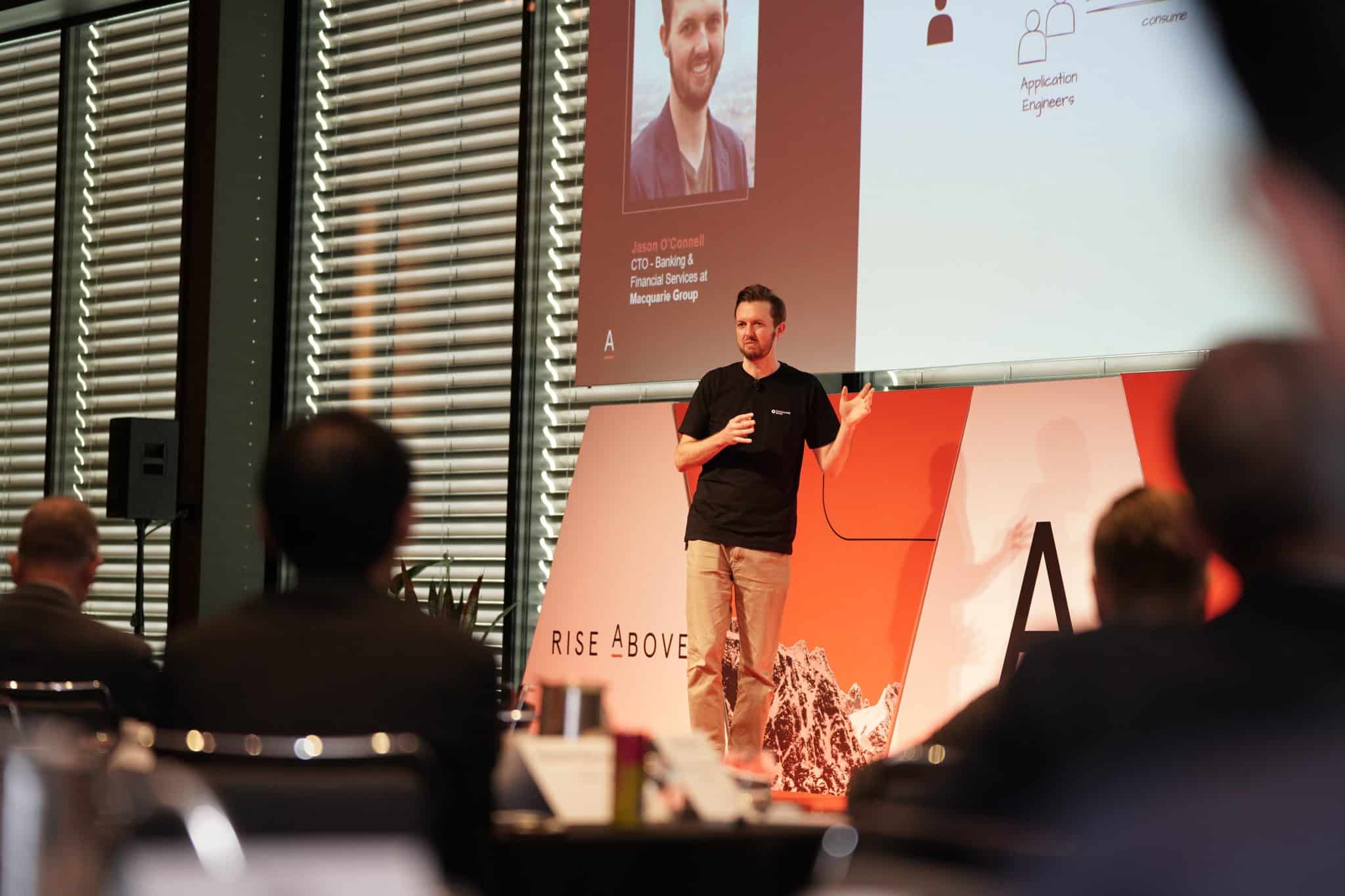
Macquarie’s approach prioritises cloud-native services from multiple providers, enabling strategic flexibility to maximise resource efficiency.
Jason highlighted their adoption of a “no-ops” model, leveraging serverless and automated cloud-native services to minimise operational tasks and focus on higher-order innovations.
The bank’s internal developer platform enhances the developer experience, enabling teams to integrate AI technologies and scale them effectively across the organisation.
Macquarie also enforces a 90-day rebuild cycle to keep systems automated and optimised for performance.
By embedding features like vulnerability management and adopting a product-centric mindset, Macquarie ensures security and resilience while driving innovation.
This comprehensive strategy underscores Macquarie’s commitment to maintaining a dynamic and forward-thinking cloud infrastructure.
ADAPT’s 2024 presentations highlighted the critical role of technology in addressing today’s business challenges.
From harnessing AI for innovation and sustainability to modernising infrastructure and aligning cloud strategies with business objectives, these discussions provided practical strategies for leaders across industries.
Themes of collaboration, resilience, and data-driven decision-making emphasised the need to integrate technology with organisational culture and strategic goals.
As industries face ongoing disruption, these insights offer a clear framework for driving innovation, growth, and agility in a rapidly evolving landscape.





















